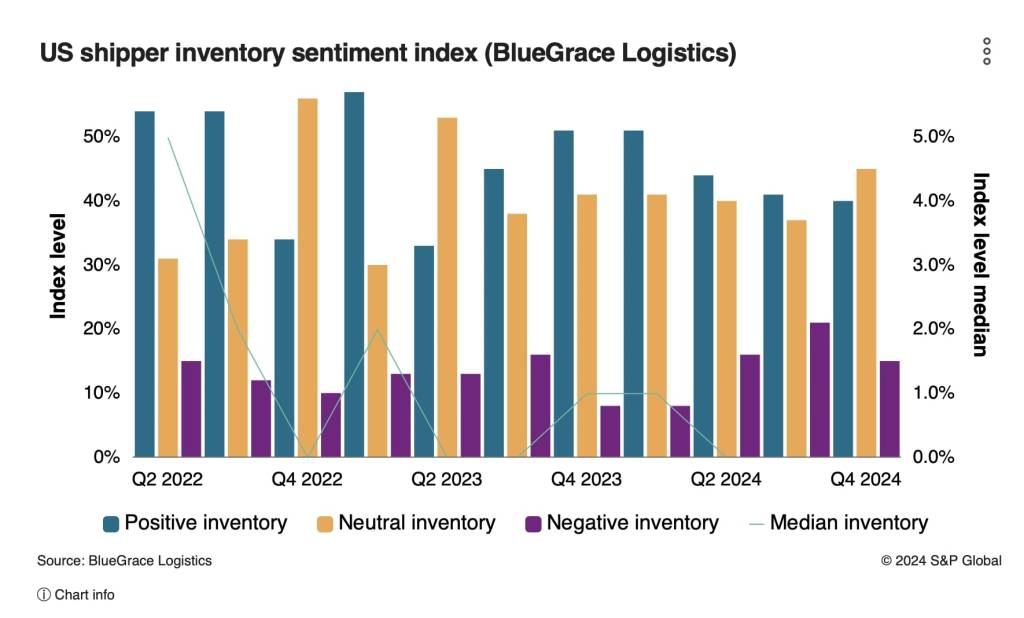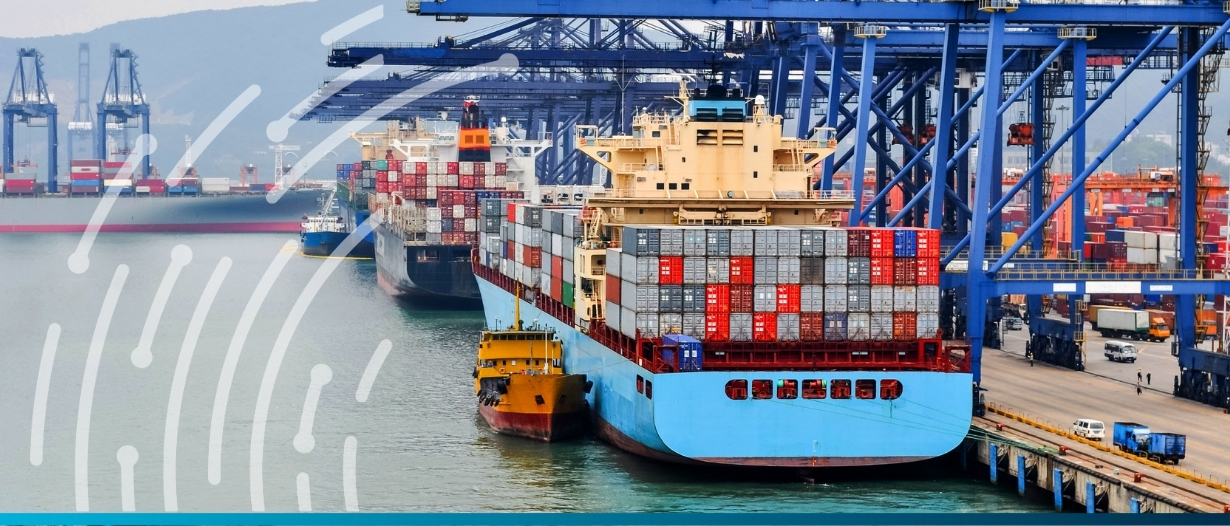Estimated reading time: 3 minutes
Dockworkers on the East Coast of the US have suspended their strikes after three days. The port administrators, the United States Maritime Alliance (USMX), and the International Longshoremen’s Association (ILA) union reached an agreement on Thursday 3 October.
The ILA, which represents 45,000 dockworkers and 36 seaports in the region, asked for a salary increase of 77% and a ban on automation and semi-automation that they felt would threaten jobs in the industry.
The USMX, representing the major shipping lines (all of which are foreign-owned), had proposed an initial wage increase but said the union was not negotiating in good faith; for its part, the ILA said the pay hikes it was asking for were in line with the industry’s profits in recent years.
Shipping companies have made record profits since the pandemic, with Maersk, one of the world’s largest container shipping companies, reporting over $50 billion in earnings in the past four years.
For now, the two sides have reached a tentative agreement that includes a 61.5% salary increase and an extension until 15 January to negotiate all other terms, including on automation. US President Joe Biden celebrated the agreement, saying in a statement it was “critical progress towards a strong contract” that would strengthen the economy in the long run.
Companies had feared shortages and supply chain disruptions if the strike, which was the first of its kind since 1977, had lasted several weeks or months. However, due to the preparation of companies (many of which had diverted operations to the West Coast and increased their stocks in anticipation of the strikes), the macroeconomic impact was minimal.
The three-day strike, initially forecasted to cost up to $5 billion a day, ended up resulting in no more than $9 billion losses in total, with no reported shortages or delays in retail goods as a result of it.

There had been fears that the strike, and any macroeconomic disruptions it caused, could be the “October surprise” to upset the US presidential election in less than a month. Instead, the postponement to January 15, only 5 days before the inauguration of the next president, could mean this becomes a defining issue in the first few days of Biden’s successor if an agreement is not reached in time.
The strike shows the massive impact the actions of ust a few individuals can have on global supply chain disruptions. Even though the actual effects were minimal, owing to the strike’s shorter-than-anticipated duration and preparation by the industry, it highlighted the importance of measures to counteract supply chain fragility and build contingencies and resilience into the shipping and trade industries





























